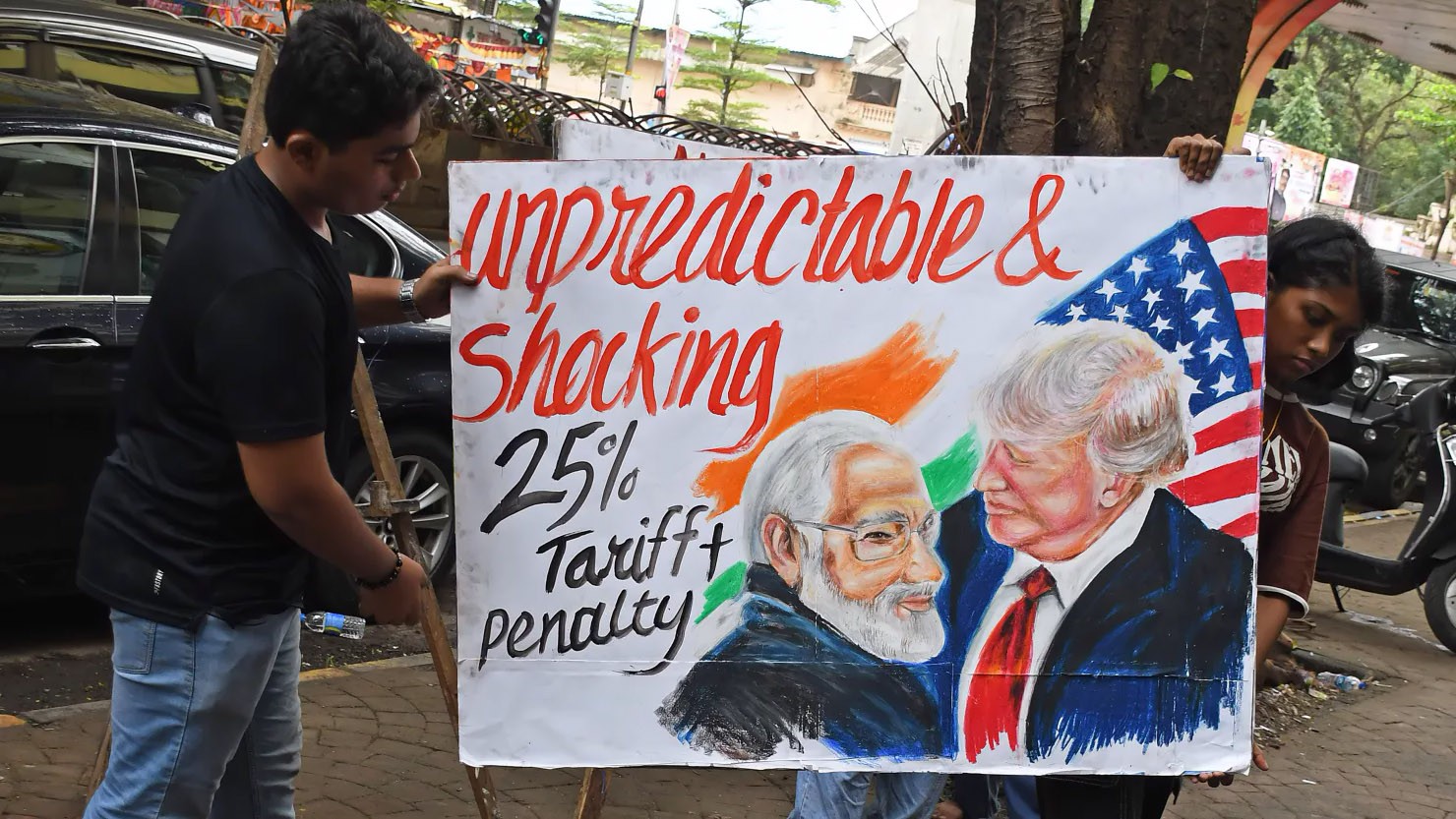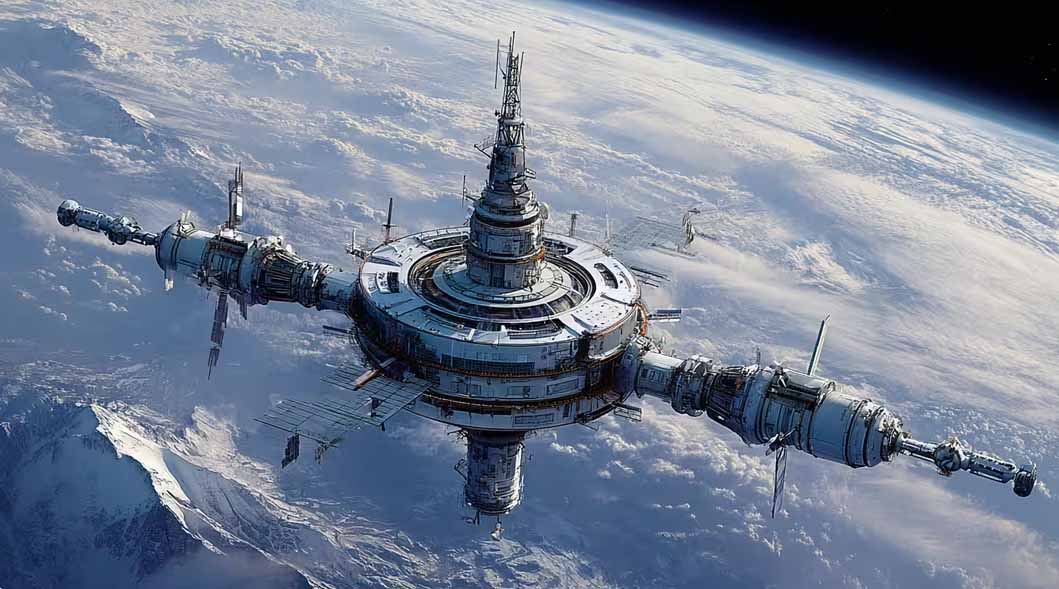The world order formed by the United States after the end of World War II has for decades provided relative stability, international trade, and a balance of interests for major Powers. However, against the backdrop of growing geopolitical turbulence, domestic economic difficulties, and declining confidence in institutions, the role of the United States in the world may undergo a profound transformation.
Historians and analysts are increasingly pointing to three interrelated factors that traditionally lead to the decline of global empires: military defeat, economic collapse, and loss of moral authority. Today's America faces threats in all these areas simultaneously.
Military risks and geopolitical vulnerabilities
Despite the fact that the United States continues to have the largest military budget in the world, its strategic position is becoming less stable. With the rise of China and rising tensions in the Asia-Pacific region, especially around Taiwan, the United States ' ability to manage multiple crises simultaneously is dwindling. Growing pressure from Iran, North Korea and instability in Eastern Europe are adding to the strain on the country's defense system.
Financial system under pressure
The U.S. economy, which has long served as the foundation of the global financial architecture, is also showing signs of overheating. The US national debt is approaching record levels, while the budget deficit continues to grow. Politicization of the Federal Reserve's decisions, increased protectionist measures, and instability in tax policy are undermining investor and partner confidence. These processes increase the risks of reducing the role of the dollar in international settlements.
The erosion of global norms and moral leadership
One of the pillars of the American order has always been the protection of international norms: freedom of navigation, human rights, and State sovereignty. However, over the past decade, the United States has faced growing criticism for both its foreign policy actions and its internal contradictions. Political polarization, statements by individual politicians about the possibility of revising international borders, and attempts to undermine democratic institutions undermine the country's credibility as a guarantor of the rules.
American hegemony in the world system has long been based not only on economic and military power, but also on the ability to act as a model. In a triple crisis — military, economic, and regulatory-the United States may lose not only its leadership, but also its ability to shape the global agenda. And if history really tends to repeat itself, the question is no longer whether order will be preserved, but how quickly and through which of the factors its dismantling will begin.














